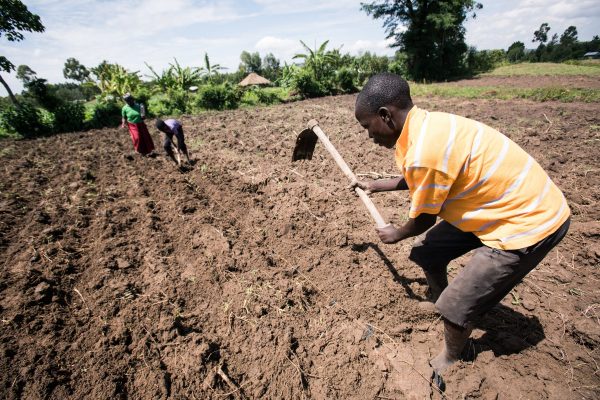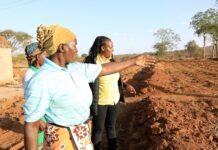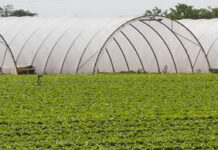Stakeholders in the Agriculture sector have issued a call to Action in pertinent areas of the sector that should be addressed in the 2021 United Nations Food Security Summit (UNFSS).
The Pre-Summit of the UN Food Systems Summit (UNFSS) is taking place from Monday 26th July to the 28th July and brings together actors from around the world to leverage the power of food systems to deliver progress on all 17 Sustainable Development Goals (SDGs).
The Kenya Agroecology Anchor Hub, Participatory Ecological Land Use Management (PELUM) Association that encompasses Small Scale Farmers, Researchers, and Scientists have acknowledged that the world is not on track to achieve the SDG2 of ‘End hunger, achieve food security and improved nutrition and promote sustainable agriculture’.
During a week-long dialogue meeting last week by the consortium on contribution of Agroecology to sustainable food systems, they all in unison acknowledged that more than 690 million people are still facing hunger, and 2 billion people do not have access to adequate, safe and nutritious food and this they said is a reason to worry.
“Although agriculture plays a fundamental role in ensuring the right to food to all, some corporate sectors are using its economic power to influence the public policy sphere, offering false solutions conscious that the food systems transformation agenda is long overdue,” Rosina Mbenya, PELUM Kenya Country Coordinator said.
Corporate monopolies
She noted that many social movements have been fighting for systemic and structural transformation of food systems, stressing the urgent need for a radical shift from fossil fuel-based industrial agriculture and corporate monopolies of food and agriculture to food sovereignty and agroecology.
“There is potential of agroecology as the basis for sustainability that is now widely recognized alongside the role that small scale farmers play in food security and indigenous knowledge systems thus the reason for Call to Action to the UN Food System Summit (UNFSS). The association is urging the UNFSS to urgently address the increase in budgeting and focus on agroecology at all levels of governance including donor funding and government funding. The time is now for deliberate and increased financing, investments in agroecology for the health of the planet and people,” said Mbenya.
“Adopting agroecology practices will mitigate the effects of climate change by reducing dependency on fossil fuels as well as enhancing farms and communities’ resilience to climate-related disasters and risks,” Mbenya added.
Agriculture contributes to 24% of the total greenhouse gases emission while at the same time agriculture is the backbone of most African Countries The Pre-Summit is a “People’s Summit” that will bring together youth, farmers, indigenous peoples, civil society, researchers, private sector, policy leaders and ministers of agriculture, environment, health, nutrition and finance and aims to deliver the latest evidence-based and scientific approaches to food systems transformation from around the world.









